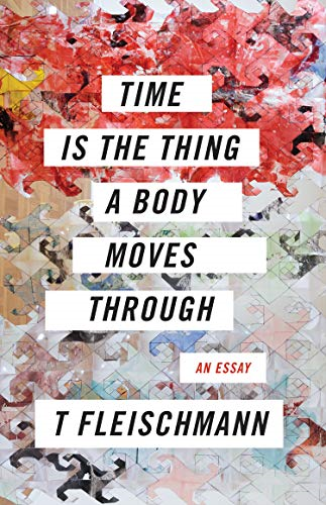What do you think?
Rate this book


152 pages, Paperback
First published June 4, 2019
It’s a very exciting moment, to wait for someone to arrive,
to give you pleasure by giving themself joy and pleasure.
How many people can this person be?
Can this person be more, somehow?